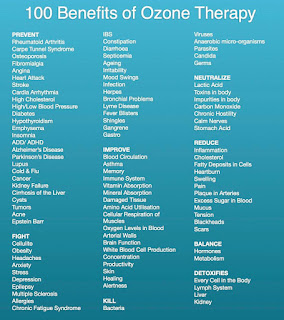The 6 most common ways criminals get into homes and how to keep them out
Our homes are supposed to be our safe havens, places of peace and relaxation, happy memories and stability. Unfortunately, with crime levels as high as they are most South Africans actually live in a constant state of stress - at home, at work and even on holiday.
One way to create better peace of mind at home is to make sure you have adequate security to keep criminals out, says Charnel Hattingh, National Marketing and Communications Manager at Fidelity ADT.
“Good home security starts with knowing your property’s vulnerabilities,” she explains. “Walk your property and see things through a criminal’s eyes. Is your perimeter protection adequate? How easily can the gate be derailed? Do you have enough lighting around the house? Should you put a better lock on the front door?”
She says these are the six most common ways criminals gain access:
1. Forcing locks on gates.
2. Forcing locks on doors.
3. Breaking windows and forcing burglar bars.
4. Climbing over walls.
5. Disabling electric fencing.
6. Through open garages which are connected to the house.
Hattingh points out that these methods of gaining entry are often even used when residents are inside the home.
“If we look at the common methods of entry, it is obvious that good perimeter protection is your first line of defence. This includes proper walling with razor wire or electric fencing (with tamper sensors), good lighting, a secure automated gate which cannot be tampered with or derailed and an intercom system which allows you to see who is at the gate.”
“Poor perimeter protection speaks volumes – it is an indication to criminals that your house is probably also easy to get into.”
Other ways to protect your home and family:
· Keep small dogs in the house as they can alert you early to anything untoward.
· Outdoor beams are valuable early-warning devices and sensors should also be installed along outside walls, on the roof and in the ceiling.
· Subscribe to an armed response service and ensure all your security systems are linked to this.
· Install sensor lights strategically around the house, especially in front of bedrooms.
· Install strong doors and security gates with good quality locks.
· Activate outdoor beams and an alarm in unused areas of the house when you are home.
· Never leave the gate open if you are entertaining and expecting guests.
· Close curtains/blinds at night.
· Place panic buttons in areas your family is likely to need them, like in the lounge and in the garage.
· Get to know your neighbours and keep an eye on each other’s properties.
· Be part of local crime WhatsApp or Facebook groups.
· Support your Community Policing Forum and attend meetings.
· Report suspicious activity or vehicles to your security company or the SAPS to investigate.
· Report all incidents of crime, no matter how trivial. This helps security companies and police identify trends and implement strategies to curb crime.
Hattingh says it is concerning that many residents do not bother with improved home security because they believe “if they want to get in they will, no matter what”.
“This is not necessarily true. Criminals are not likely to target a home with proper security; it is simply too risky when they can just move on to an easier target instead. It is important to regularly check your perimeter for weaknesses and to stay informed of crime trends in your area.”
If you need to think about it, how good is it really? Book a
free home security or upgrades assessment and always stay one step ahead of
danger. Call 086 12
12 300 or email alwaysthere.c@fidelity-services.com



























